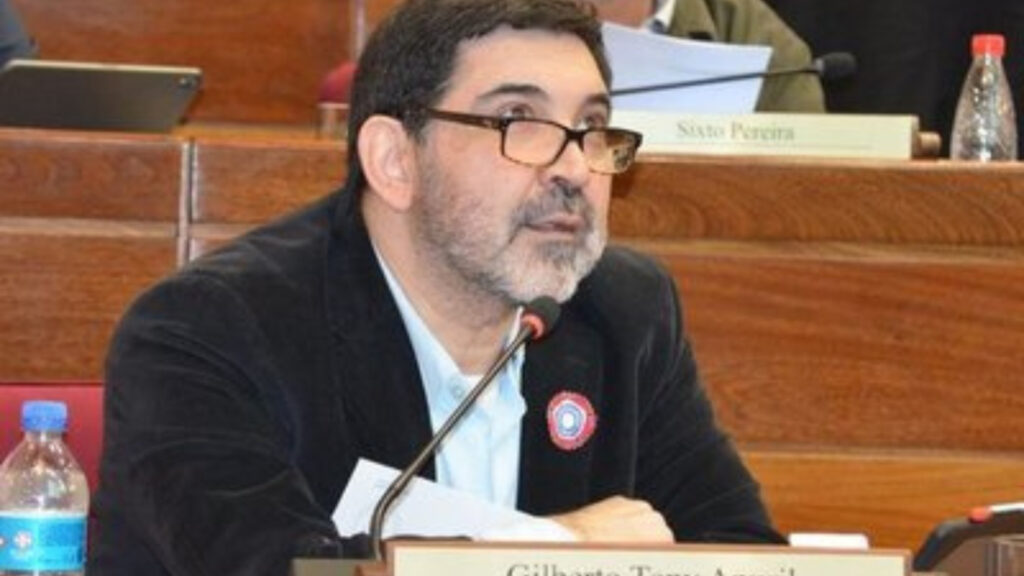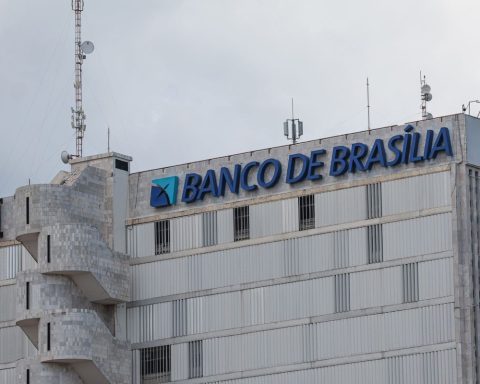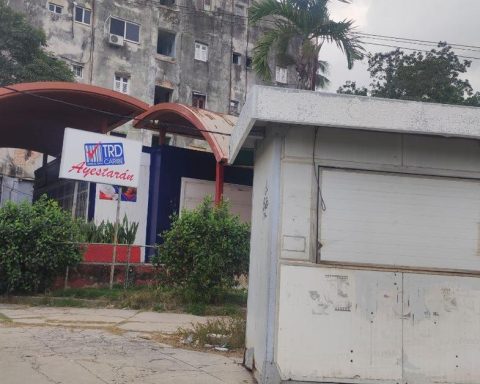On Wednesday, July 20, the United States and Canada They made the formal request for consultations on the Mexican energy policy, which gives priority to Petróleos Mexicanos (Pemex) and the Federal Electricity Commission (CFE) over private companies.
The foregoing, at a time when Mexico stands out on the world map as a territory for the relocation of production plants of companies that were affected by the pandemic due to the cut in supply chains. Specifically for nearshoring, the practice of companies that consists of locating factories in a foreign country, but close to the market country they want to supply.
“The perfect storm for the Mexican economy would be a recession in the United States, accompanied by the imposition of fines or tariffs due to the conflict within the framework of the TMEC,” Siller warned.
According to the economist, there are two other factors that also reduce the opportunities for investment in Mexico, such as: insecurity in the country and the uncertainty generated by the change in public policies in the country.
Alfredo Sandoval, an analyst at Banco Base, explained that the consultations requested by the US and Canada can become panels in which each country can present its reasons why the energy policy harms investments. If the panel decides in favor of the US, it would imply paying fines and/or the United States applying sanctions.
“The United States is at a crossroads, because on the one hand it must defend the interests of its investors in light of the treaty and on the other hand, sanctioning Mexico with tariffs or non-tariff barriers could imply price increases, at a time when the inflation is at levels not seen in 40 years,” Siller considered.
He stressed that any sanction would generate uncertainty, which could result in greater capital outflows, increases in the exchange rate, lower inflows of foreign direct investment, and an impact on exports, depending on the type and size of the sanction or sanctions.
According to the deputy governor of the Bank of Mexico, Jonathan Heath, subsidies for gasoline and diesel is the measure of the Package against Inflation and Famine (Pacic) that most contributes to amortizing inflation, if they do not have these supports, inflation in Mexico it would be 11% and not 8%, as reported for the month of June by the National Institute of Statistics and Geography (Inegi).
Base Bank estimates indicate that 30% of the goods in the market are moved by motor transport that uses diesel, so this support is of great importance. It is so important that if it is withdrawn it can affect the credit rating of Mexico

















